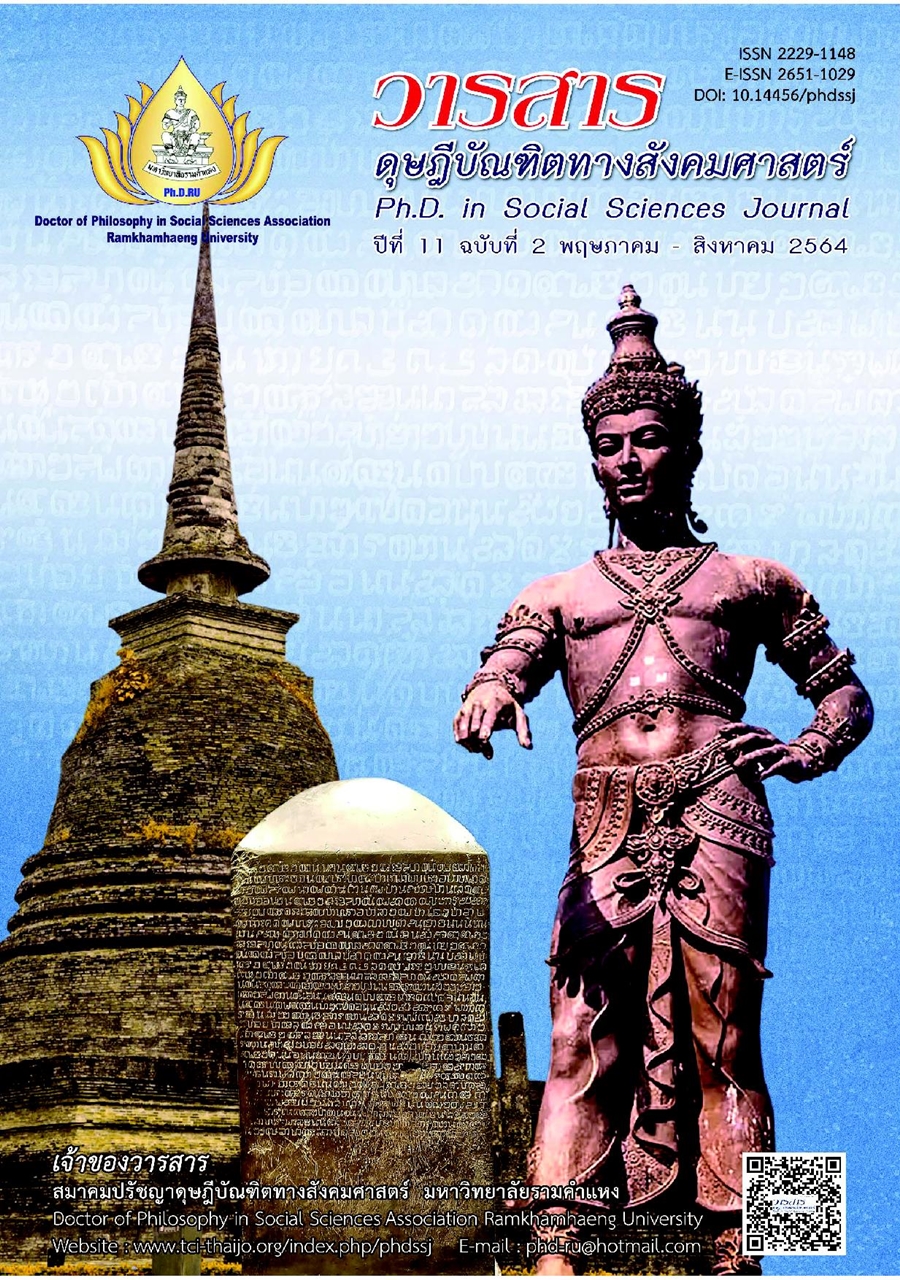Legal Problems Regarding the Organic Act on Anti-Corruption B.E. 2561 (2018)
Main Article Content
Abstract
This research article aims to study to (1) compare the source, forms, structure, duties, and authority between anti-corruption organizations in Thailand and foreign countries, (2) problems of contents in the Anti-Corruption Act B.E. 2561, (3) problems of enforcement of the Anti-Corruption Act B.E. 2561, and (4) advice the solution for solving legal problems relating to the Anti-corruption Act B.E. 2561, correctly. The researchers used the qualitative research methodology, namely documentary research, in-depth interviews and focus group discussion and analyzed the data by using content analysis techniques and comparison interpretation.
The results showed that comparing the anti-corruption organizations of Australia, Hong Kong, Singapore, Korea, Malaysia and Thailand had similar sources. they are all independent organizations. And Thailand was necessitated to apply the Hong Kong style, of whose background, status and position of wrongdoers will not be considered. The following laws must be announced; (1) the NACC shall have authority to determine the disciplinary charge for corruption only; (2) each NACC Commissioner shall have his/her own decision and disclosed to the public; (3) the joint committee of both parties shall be set up to find a conclusion in making an opinion to order the opinion for prosecution submission clearly; and (4) in the case of borrowing the property of another person or having other person’s property in possession with the value calculated in amount of more than two hundred thousand Thai baht or more, such person shall have the duty to submit the property account and shall notify the return of that property as well.
Article Details
Academic articles, research articles, and book reviews in the Ph.D. in Social Sciences Journal are author’s opinions, and not the publisher’s, and is not the responsibility of the Ph.D. in Social Sciences Journal Philosophy Association, Ramkhamhaeng University. (In the case that research is done on human, the researcher has to be trained in Ethics for Doing Research on Human Training and has to produce the evidence of the training).
References
Corrupt Practices Investigation Bureau. (2021). Mission, vision, core values. Retrieved from https://www.cpib.gov.sg/who-we-are/our-corporate-philosophy/mission-vision-core-values
Dicey, A. V. (1915). Introduction to the study of the law of the constitution. Macmillan.
Fuller, L. L. (1969). The morality of law. Yale University Press.
Graivichien, T. (2010). Rule of law. Chuanpim 50. [In Thai]
Human Rights Resource Centre. (2011). Rule of law for human rights in the ASEAN region: A base-line study. Author.
Independent National Rule of Law Commission. (2014). The rule of law (meaning, essence and result of violation of the rule of law). Office of the Permanent Secretary. [In Thai]
Nuchprayool, B., Amonrat, K., Samudavanija, K., & Rungruxsirivorn, O. (2017). Evaluation for improving effectiveness and efficiency of the asset and liabilities declaration and verification system. Office of the National Anti-Corruption commission. [In Thai]
The World Justice Project. (2014). WJP Rule of Law Index 2014. The World Justice Project.
Tirasangka, V., Meensuk, P., Chaiya, T., Khunanek, S., & Khianthongkul, K. (2018). State duties and account disclosure list of assets and liabilities to the public. Office of the National Anti-Corruption commission. [In Thai]
Wongwattanasan, C. (1997). Administrative procedure law. Jirat Printing. [In Thai]


